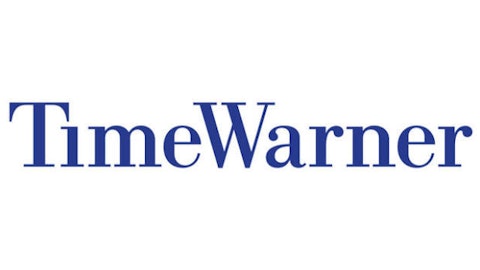Competition will be a killer
Netflix’s second major challenge is the fierce competition from Amazon’s Prime Instant Video. Amazon has shown a willingness to spend heavily on the Prime Instant Video content library and appears to view Prime Instant Video as a combination of a loyalty program and an advertising program. Prime customers tend to be the biggest Amazon customers, and Amazon is willing to run a loss on Prime subscriptions in order to add more Prime members and increase sales of physical and digital goods.
This creates a serious long-term competitive problem for Netflix. Amazon is essentially an irrational competitor that is willing to run the streaming video business at a loss over the long term. In February 2012, Amazon announced a major streaming agreement with Viacom that brought its streaming library to more than 15,000 videos. A little more than a year later, the Prime Instant Video library has grown by 150% to 38,000 videos, including key deals such as the recent agreement to become the exclusive streaming home of Downton Abbey.
Amazon seems to have outbid Netflix on a number of recent deals. While Netflix’s management has shown admirable discipline in not chasing overpriced content, eventually the company will have to put more money on the table to keep its leading position in content or else risk losing market share to Amazon.
Financial impact
For a few quarters, Netflix may be able to grow its streaming contribution margin (18.5% last quarter) by increasing its subscriber count faster than content expenses. Customers won’t immediately jump to Amazon even though it’s rapidly catching up to Netflix in terms of content quality. However, over the next several years, Amazon’s market share will grow as its content quality improves, and Prime Instant Video will compete more seriously with Netflix for users. At the same time, the increase in content costs will prevent Netflix from ever reaching its vision of a “comprehensive” content library, which will make it hard to grow the domestic subscriber base much beyond 40 million.
Cost pressure and slower revenue growth will probably cap Netflix’s domestic streaming contribution margin around 20% to 25%, leading to a maximum contribution profit of approximately $1 billion, which doesn’t include technology costs, G&A expenses, interest, or taxes. If this scenario comes to fruition, Netflix’s domestic streaming business, by far the most valuable part of the company, is worth $2 billion to $3 billion, or $40 to $60 per share. Netflix shareholders could thus be in for a nasty surprise when the long-term growth they expect fails to materialize.
The article Netflix May Not Be Worth As Much As You Think originally appeared on Fool.com and is written by Adam Levine-Weinberg.
Fool contributor Adam Levine-Weinberg is short shares of Netflix and Amazon.com. The Motley Fool recommends and owns shares of Amazon.com and Netflix.
Copyright © 1995 – 2013 The Motley Fool, LLC. All rights reserved. The Motley Fool has a disclosure policy.





